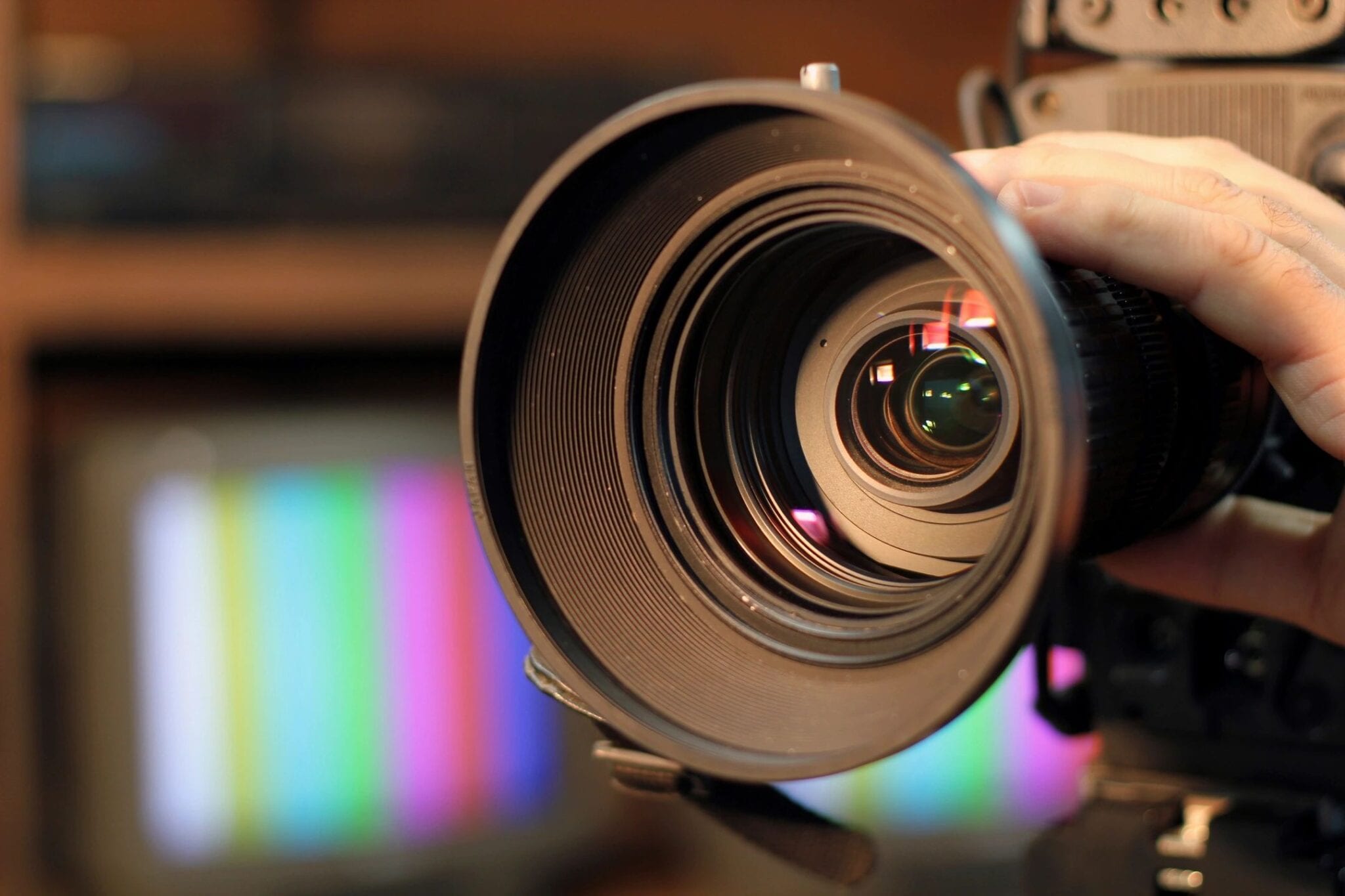
01 Aug How to Prepare for a Media Interview
Media attention can be a game-changer for your business. From the local channel covering your event to a magazine writing a feature about your brand, interviews are a great way to get your products or services in front of a new audience and share your story.
Unless you’re a regular in the spotlight, speaking on behalf of your entire company can be intimidating. While a relaxed, well-rehearsed interview can take your message far, a lack of preparation or miscommunication can appear unprofessional and tarnish your brand’s reputation. Luckily, we’re here to let you in on a few tips and tricks so you can put your best foot forward on camera.
Before the Interview
- Plan ahead. If a reporter contacts you to schedule an interview, make sure you understand the location, logistics, and subject of the meeting. Repeat this information back to them to make sure you are both on the same page. If you have arranged an interview with print media, ask about deadlines and when the article will appear. This shows cooperation and may be helpful to your own agenda.
- Prepare your topics. Write out three discussion points in advance and rehearse them in the weeks leading up to the interview. Think in terms of the “est” factor – biggest, brightest, greenest, cutest, cheapest? Statistics can sell your story, but only if they are relevant and interesting to the general public.
- Anticipate questions. Brainstorm some probable interview questions and craft your responses ahead of time. This will make for a natural, confident delivery.
- Gather materials. Reporters generally welcome background literature. You may want to prepare press releases, brochures, or any other supplemental documents.
During the Interview
- Be confident. You’ve practiced, you’ve prepared, and most importantly, you’re the expert on the subject!
- Clarity counts. Be brief, but not so brief that you only give “yes” or “no” answers. Avoid technical terms, jargon, and acronyms that most people won’t understand.
- Stick with what you know. Avoid speculation or hypothetical situations. If you’re not sure about something, then say, “I don’t know, but I’ll do more research and get back to you.”
- Be honest. Transparency and authenticity increase trust amongst clients. If you can’t talk about something, explain why. Saying “No comment” almost always makes you look like you’re hiding something.
Surprise Interviews
- Keep your composure. If a camera crew shows up unexpectedly, have a crisis plan in place to deal with such situations. Unless there is a criminal investigation or sting operation taking place, warmly greet the reporters, then excuse yourself while you gather your thoughts.
- Don’t dodge the question. Instead, address the obvious: the element of surprise. For example, you might say, “This is certainly a startling allegation, and I hope you understand we will need to look into this at length.”
- If possible, schedule a formal interview. When you are surprised by a telephone interview, offer to call the reporter back or suggest an in-person interview. This will buy you time to craft a response.
Ready for your close up? Our experienced team at SmartMarketing can help you prepare for any style of interview.




Sorry, the comment form is closed at this time.